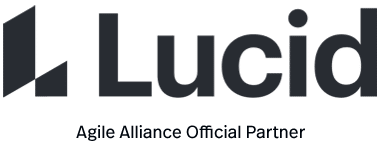The team aims for a work pace that they would be able to sustain indefinitely.
This entails a firm refusal of what is often considered a “necessary evil” in the software industry – long work hours, overtime, or even working nights or weekends. As such this “practice” is really more of a contract negotiated between the team and their management.
Also Known As
The term “sustainable pace”, more general, was proposed by Kent Beck himself in replacement of the original “40-hour week” denomination for this Extreme Programming practice.
Expected Benefits
The Agile mindset views recourse to overtime, other than on an exceptional basis, as detrimental to productivity rather than enhancing it. Overtime tends to mask schedule, management, or quality deficiencies; the Agile approach favors exposing these deficiencies as early as possible and remedying their underlying causes, rather than merely treating the symptoms.
Academic Publications
There is a consensus that research in manufacturing industries generally shows that overtime has a detrimental impact on productivity.
Some caveats apply when transposing this to software development; one review considers the research in this area inconclusive; even defining the term “productivity” is problematic in the context of knowledge work; few studies appear to have been conducted that apply specifically to overtime among knowledge workers.
Several articles and industry presentations have made a strong case against overtime in the software development context, and provide further references to published academic research.





